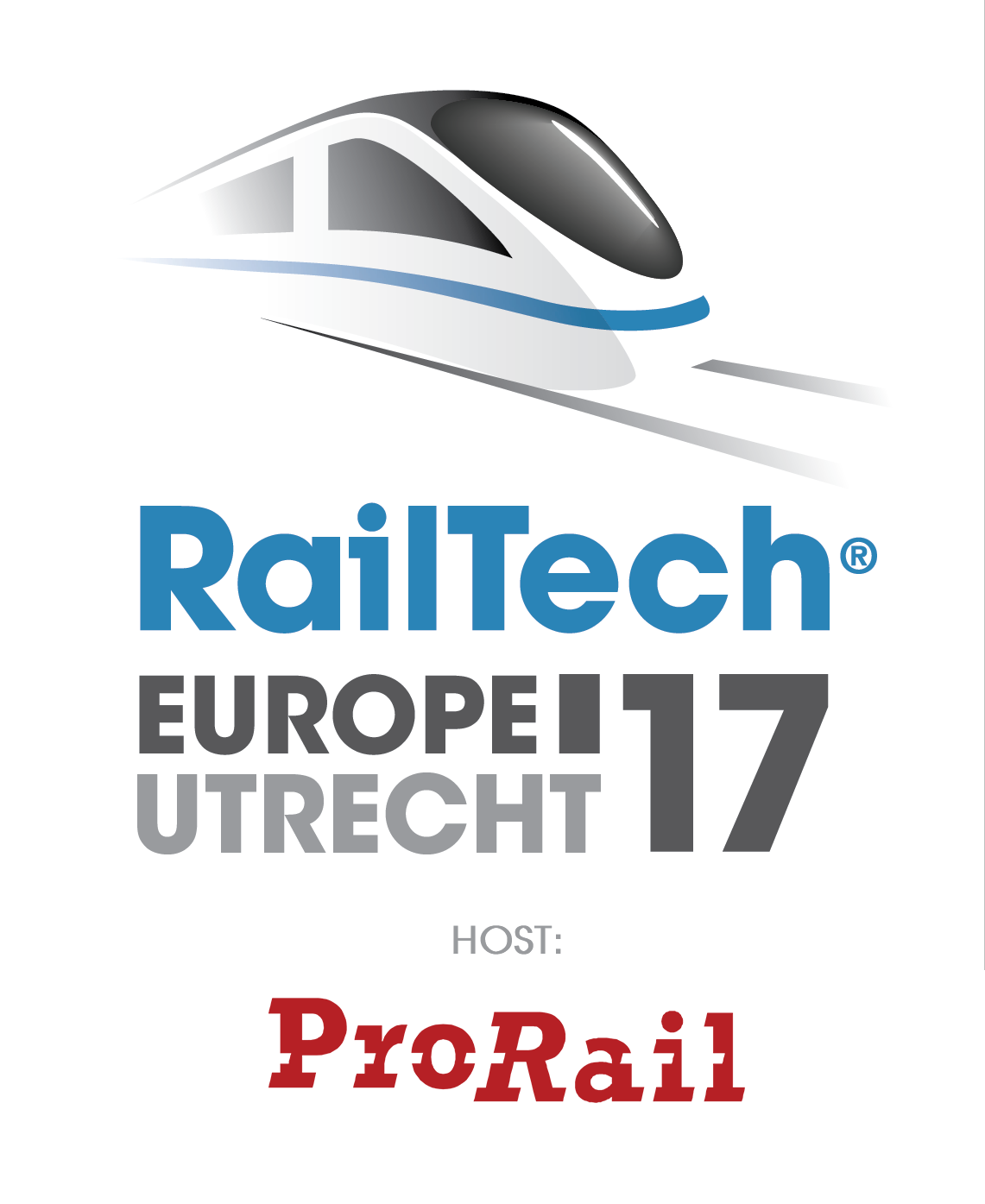Abstract
Mathias Linden
CCRDMT – University of Koblenz-Landau
Presentation title:
Analysis of public digital data for decision support & to quantify safety measurements
Summary:
Data is the basic commodity for the digitization in railways. In order to generate information from this data, it is important to give them a meaning and to assess their relevance. The extraction of this information from the data can be achieved by using either Big Data or conventional data analysis methods, which can serve as a foundation for decision making. Within the scope of diagnostic and monitoring technologies, makes it already possible to collect measurement data and to create new possibilities for data analysis by tagging the rolling stock. These procedures could prevent accidents or incidents and render maintenance work more efficient.
The Competence Centre for the Assessment of Railway Diagnostic and Monitoring Technologies (CCRDMT) has developed a worldwide accident database with data from 18 countries of four continents. The gathered data includes dates, accident causes as well as personal or material damages. Overall, there are more than 43,000 accidents with almost 300 different accident causes included in the database. By connecting accident causes with the resulting costs, the costs of an average accident can be calculated. This information can be used as a decision-making basis, e.g. for investment decisions, but also for an effective increase of safety and availability in the railway sector. The data, which is used as a basis for the database, is extracted from the accident reports of the National Investigation Bodies. The database is constantly expanded and updated through the addition of new countries and variables.
The database can be used as an information basis for the assessment of safety technologies as well as for the identification and evaluation of accident causes. In order to assess safety technologies, the CCRDMT has conducted a study to allocate the accident causes to the respective safety technologies, which can be used to prevent the resulting accidents. The decreasing railway accident victims shows that the interconnection and implementation of new railway safety technologies increases railway safety. But the increasing number of passengers, the higher speed of trains and their frequency lead to new and more complex safety requirements for railway operators. Therefore, railway should seize the opportunities of digitalization. However, limiting the focus on the obvious, such as technical and quantitative data produced by sensors, e.g. by wayside monitoring systems, excludes the usage of the highly relevant information like documents from the National Investigation Bodies. On the one hand, this data is qualitative and therefore more complicated to analyze but on the other hand, it is full of highly valuable information for several stakeholders in the railway sector. This data contains additional information, which in combination with the technical data leads to a more focused analysis.
In order to conduct additional analysis, especially in the area of predictive and prescriptive maintenance, it is necessary to integrate more incidents as well as maintenance data into the database. The endeavor of some European governments to open their data as part of OpenGovernment aspirations will also broaden the data pool and increase the availability of relevant data in the future.
Bio:
Mathias Linden was born 1986 in Koblenz, Germany. Mathias studied in Montpellier (France) and Koblenz and holds a Master of Science degree in Information Management from the University of Koblenz-Landau. Currently he is working on his PhD thesis and works as Project Leader of the Competence Center for the Assessment of Railway Diagnostic and Monitoring Technologies (CCRDMT) since 2014. His main research focus is on economic quantification of RDMT and on the economic impact of predictive maintenance or accident prevention.
The RailTech Europe 2017 Conference will explore the following three themes:
- Day 1 – 28 March 2017: European Railway Traffic Management System (ERTMS)
- Day 2 – 29 March 2017: Digitalisation in Railways
- Day 3 – 30 March 2017: Maintenance of Rail Infrastructure
